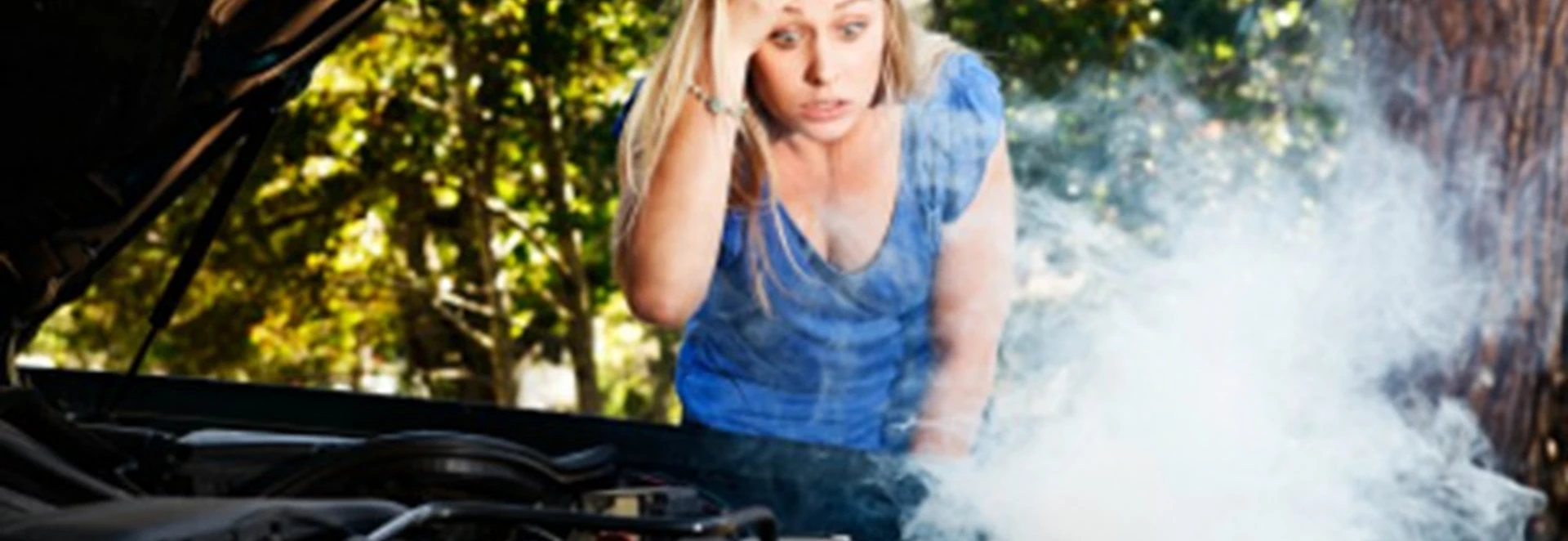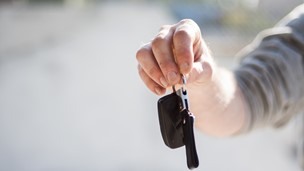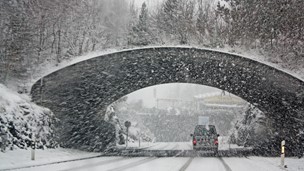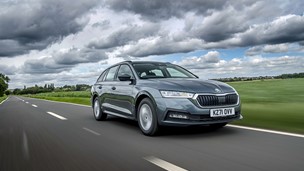While using a car, there’s the possibility that at some point in time an issue will occur which will cause one or several important components in your vehicle to overheat.
If this occurs, you’ll want to identify and fix the issue as soon as possible, since overheating can cause significant damage to parts of your car and, in the absolute worst case scenario, can even cause a fire.
What does it mean when your car overheats?
Generally, when a car is said to be overheating, it means that a critical component (usually engine-related) is running at an unnaturally high temperature level.
The overheating components and other parts of the car related to it could become damaged due to the overheating if the car continues to run while the problem lingers. Depending on the severity of the issue and whether it is addressed in time, a car can cease to run because of overheating and internal parts could end up being damaged beyond repair and will need replacing due to the issue.
What causes a car to overheat?
There are numerous things which can potentially happen which explains why cars overheat. Cars are most likely to overheat when the weather is very hot, but certain problems can cause a car to overheat even when conditions are cool.
If your car overheats when the weather isn’t particularly hot, then it could be because the water and coolant level in the radiator is low and needs topping up. Alternatively, the fan belt (if your car has one) may have come loose or broken, or there may be a leak in the cooling system (for instance, an engine water pipe may have developed a crack).
If you can’t find any leaks in the cooling system and the water and coolant levels appear ok, then that may mean that the car isn’t overheating but has a malfunctioning thermostat. In that case, you’ll need to get the thermostat replaced at a garage and then, when the engine is cooled down, start it up again to confirm the readouts are now ok.
Signs of an overheating car

There are a few visual signals you can look out for which usually indicate the car is overheating.
Something that can confirm an issue is if the temperature gauge on your dashboard has crept beyond the normal limit, a dashboard warning light for the engine temperature should appear too if this the case.
If that’s not enough though (or the gauge is faulty perhaps) then other warning signs you may spot include steam or water vapor pouring out of the hood of your car.
If you one day notice an unusual smell when in or near your car, check under the bonnet as the smell may be coming from the engine itself because of overheating and it’s consequently burning certain components.
How to fix an overheating car

The best to deal with overheating in your car while driving depends on the severity of the problem.
During a particularly hot day, then shutting off your air conditioning and opening your windows may suffice. This will decrease the load on the engine and help it cool, without causing the cabin to become unbearably hot for you or other passengers.
If the car is still overheating, you could turn on the heater and blower, as this will transfer heat from the engine to the passenger compartment. It’s obviously not so good for you and other passengers, but will do wonders for the overheating engine.
If you notice that the temperature gauge is rising to alarming levels while you are stopped in traffic, you could try sticking the car in neutral gear or Park and rev the engine a little. This should speed up the water pump and engine fan, meaning more fluid and air is being drawn through the radiator to cool the engine.
Things may still get bad enough that you think the car could be about to boil over, in which case you should pull over to the side of the road at a safe and convenient place.
From here, open the hood and leave the car sitting there with its hood open for some time to allow the engine and everything else under the hood to cool off. If you do opt to do this, don’t open the radiator cap under the circumstances. If your engine has boiled all the water meant for cooling, wait until the engine is quite cool again before you add new water.




